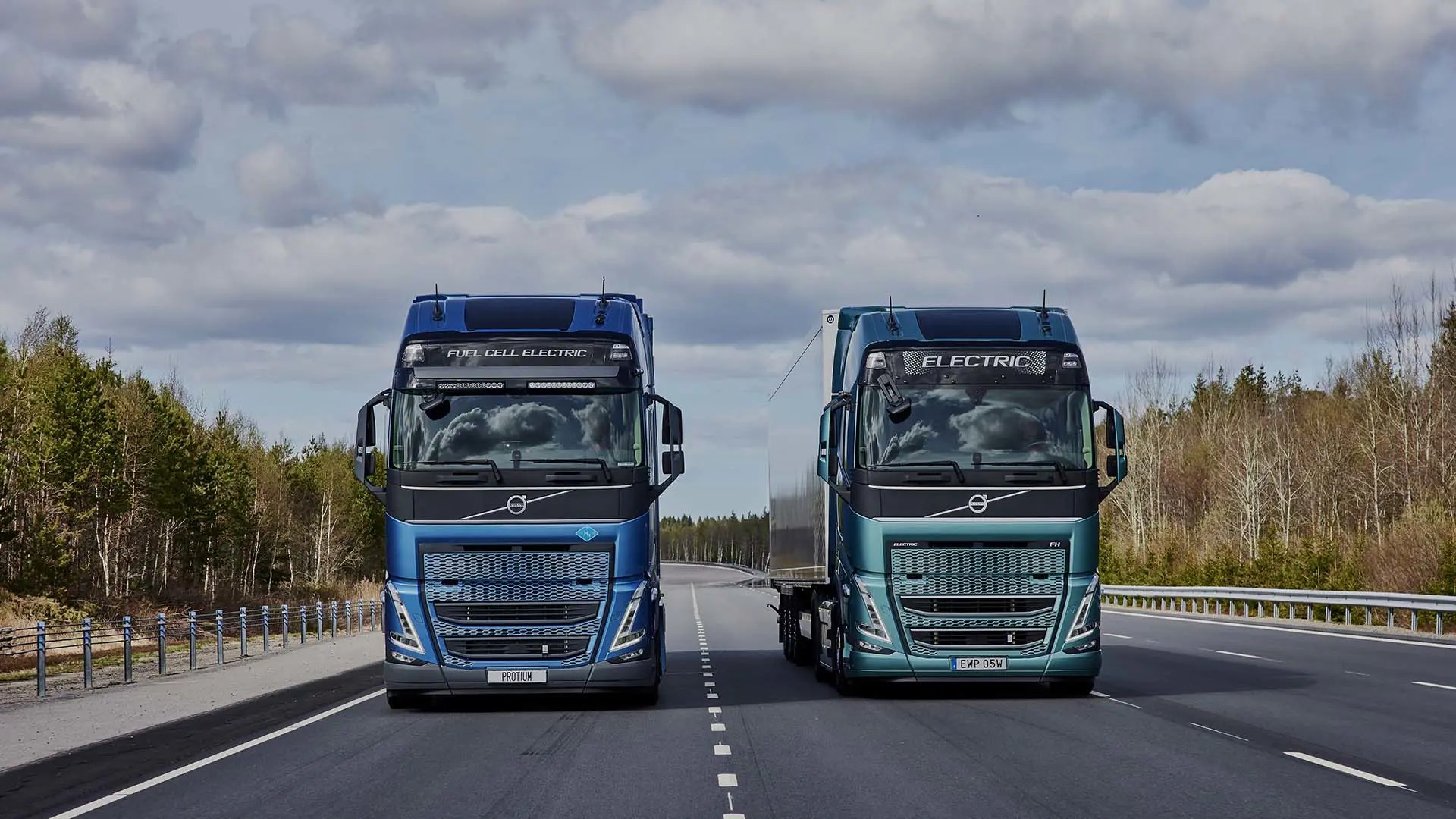
TechForH2 is a competence center for multidisciplinary hydrogen research with the overarching goal to develop new technology for heavy vehicles as a key step in the transition to a fossil free transport system.
The center's research aims to accelerate the development of new technology that enables the use of hydrogen technology for heavy vehicles, that is aviation and marine and road applications. We work technology-focused and are currently concentrating on lightweight technology, material and additive manufacturing, sensors and safety, integration in vehicles, operation and optimization as well as new development of fuel cells. In order to better understand where the hydrogen world is headed, the center has also conducted research on how the hydrogen society can develop.
TechForH2 is set up by Chalmers and is a joint venture together with Rise, Volvo, Scania, Siemens Energy, GKN Aerospace, PowerCell, Oxeon, Insplorion, Johnson Matthey and Stena.
With funding from Chalmers, the Swedish Energy Agency and the centre's partners, the centre's total budget amounts to almost SEK 162 million over a five-year period in a first stage, with the possibility of an extension for another five years.
The director of TechForH2 is Tomas Grönstedt, professor of turbomachinery at the department of fluid science at Chalmers.
- Centrumföreståndare, Mechanics and Maritime Sciences
Background
“Battery-electric vehicles are a good solution for city distribution, city buses, regional haulage and similar applications. For use cases with heavier loads or longer distances, hydrogen fuel cells will be an important technology. The two technologies complement each other, and both will be needed in order for us to build the sustainable transport system of tomorrow.”
CEO at Volvo Group Martin Lundstedt
In order to reach Sweden's goal of zero net emissions of greenhouse gases by 2045, a fossil-free transport system using renewable fuels is a must. In order to reach national and international climate goals, the focus has more recently been on the importance of electrification, especially in the automotive industry. However for heavier vehicles, which account for 50% of the transport system's total carbon dioxide emissions, electrification is a more difficult solution as heavier vehicles require significantly more and larger batteries, which in itself has consequences in terms of weight, space and costs. Therefore, there has been a need for research that develops new technical solutions that reduce greenhouse gases and harmful emissions which are not dependent on fossil energy sources but can live up to the needs of the road air and sea transport.
With the rapidly emerging hydrogen economy, the need for new technology and new forms of collaboration between industry and academia is also increasing. Through the collaboration between the center's partners, TechForH2 wants to contribute to knowledge building and education in the area, accelerate the introduction of new hydrogen technologies and thereby contribute to the transition to fossil-free energy.
More specifically, TechForH2's focus areas include composites and lightweight constructions for vehicle-integrated storage of hydrogen, manufacturing and manufacturing of metallic materials for hydrogen use, as well as hydrogen sensors. Furthermore, the center will conduct further research on fuel cells and vehicle integration and technology/controls and innovations in the future hydrogen society.
